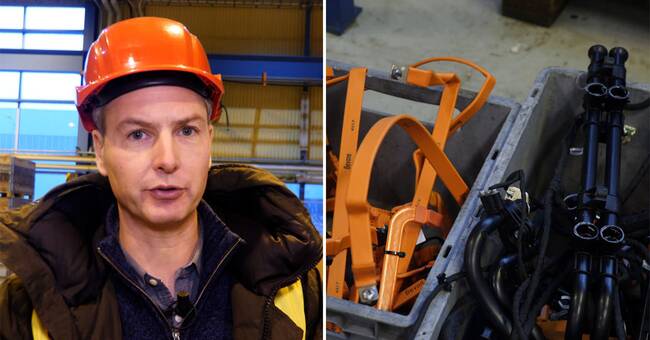According to the proposal for a new law, an EU directive, a limit on how much carbon dioxide is used for the manufacture and transport of a battery must be negotiated.
Demand for batteries, especially for vehicles, is growing sharply at the same time as a dozen large battery factories are planned in the EU countries.
If the limit is set narrowly, the new law can prevent batteries from China and other Asian countries from being exported here.
Whereby the European factories would gain an advantage.
- In this way, a framework for European manufacturing is created.
It will be sustainable and they support the European opportunity to become strong when it comes to battery production, says Christian Danielsson, head of the European Commission's Sweden office.
"Optimistic - but doable"
By 2030, 70 percent of all batteries must be collected, according to the same bill.
Today, only 45% of EU batteries are collected and recycled.
New batteries will also need to contain a certain proportion of recycled material.
In this way, one hopes to avoid that everything has to be extracted from mines.
Europe's recycling industry, which will recycle and also reuse the new batteries, is also facing major investments.
- China has come further in recycling lithium-ion batteries than Europe today.
Based on the European Commission's proposal for a directive, we must catch up in four years, says Rasmus Bergström at Stena Recycling.
Is it optimistic?
- It is optimistic, but doable, he says

